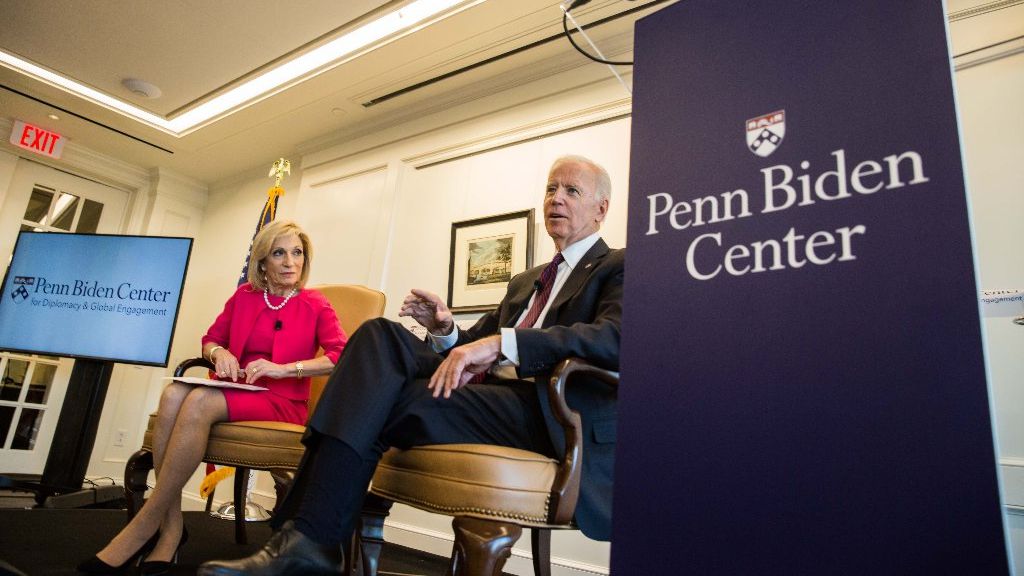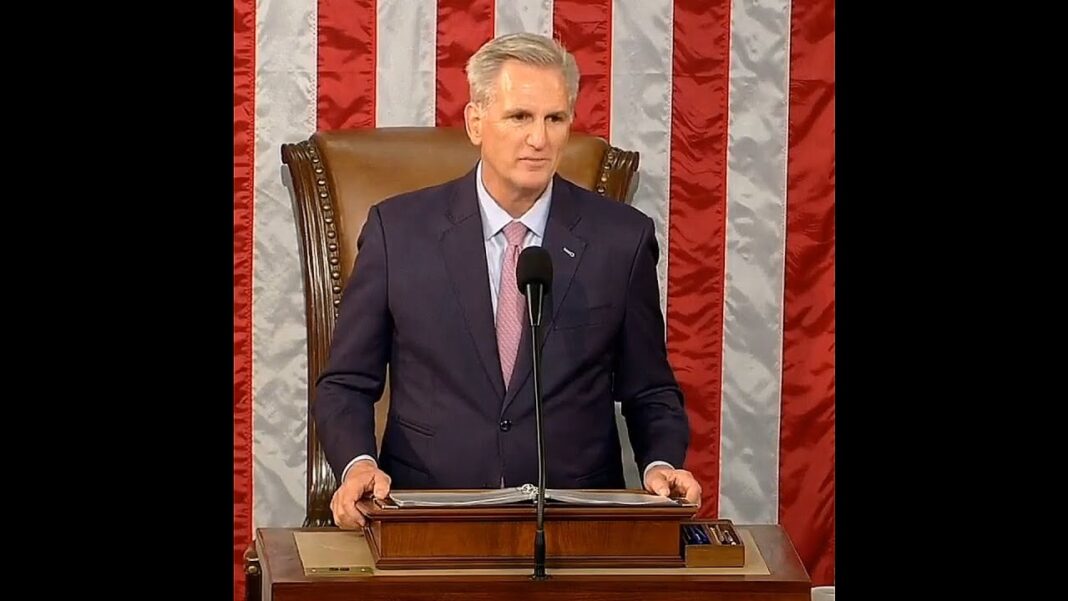Republicans held a spirited debate over the proposed rules to govern how the House of Representatives does its business in the 118th Congress and then adopted a major package of reforms they say will restore accountability and transparency for the public.
The 55-page rules package was approved on a 220–213 vote that followed Republicans defeating a Democratic motion to recommit the rules package to a committee for revision. Both of the votes were conducted with a newly adopted five-minute rule. Previously, most House votes allowed members 15 minutes to cast their ballots.
All 212 Democrats voted against the rules. One Republican, Rep. Tony Gonzalez of Texas, joined Democrats in voting against the rules package, citing his concerns about not cutting defense spending. Another Texas Republican, Rep. Dan Crenshaw, did not vote.
The reforms include restoration of a long-standing rule terminated by the previous Democratic-controlled House that enabled any individual member to move that the speaker’s chair be vacated, which if adopted forces a new vote for a speaker of the House. The rules also restore the right of individual members to offer amendments to legislation from the floor, require that all members have 72 hours to read proposed legislation before it is voted on, and require bills brought to the floor to cover a single subject.
House Majority Leader Stephen Scalise (R-La.) opened the rules debate by noting that “at the heart of all the discussions is that Washington is broken, and not just that Washington is broken, but the way that this House has been running in the last few years has not been designed to address the problems of the people across the country.”
Scalise claimed that “many of the problems that families are facing across America were created by the things that have come out of this Congress, signed by President [Joe] Biden. Why is inflation running away? Because spending is out of control because bills from the dark of night, where members are not allowed to give input in committee or on the floor, to address problems they know their constituents will face if these bills are passed and they’re passed because they are written in rooms behind closed doors by a small number of people not concerned about the consequences that will affect so many people across this nation.”






